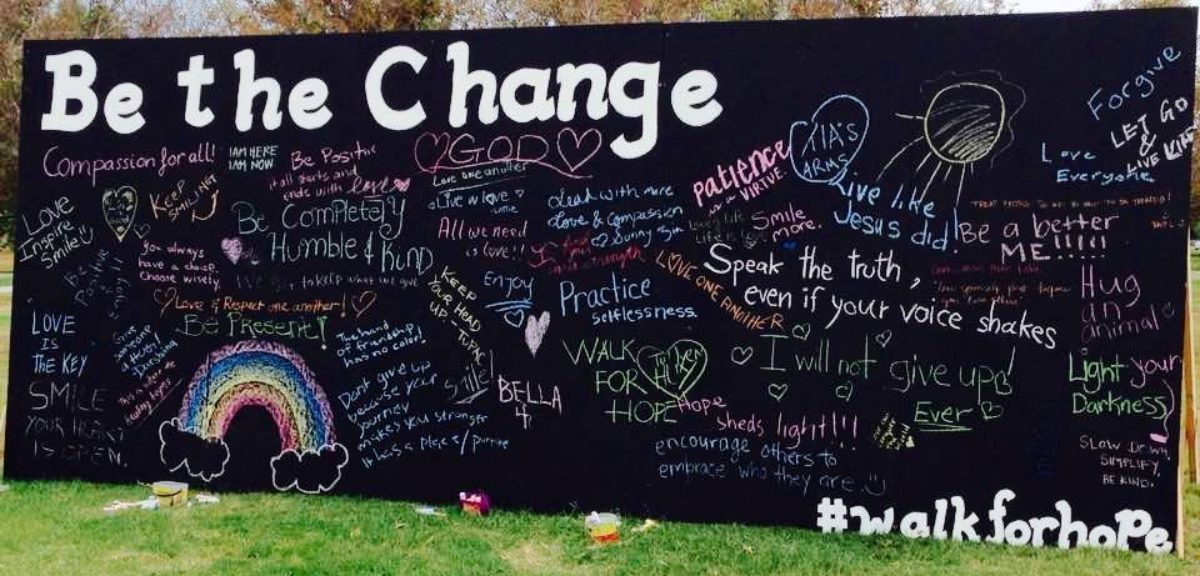Ingredients for a successful revolution
Yesterday was our third day of serving lunch to the ladies at the Downtown Women’s Center. And that was just it: serving lunch by laying a hamburger patty on a bun while Rucha put a scoop of fries onto a plate, which was then passed to someone else for salad. “Do you want mayonnaise, mustard, ketchup? What about salad? You want salad? Whose is this? What did you want? Table 2, next!”
In one half hour the Ladies shuffled past us in a line, and we were done. We washed up and left. There was nothing else to do, no more food to share, no way we could initiate some type of conversation with the Ladies without feeling like we were imposing on their circle. For as regimented as this particular luncheon may seem, it might also be the only reliable and consistent thing in their lives. Practically speaking, who am I to interfere or presume that they are in need of more?
This was not what I had envisioned when I arranged for us to volunteer. This is not the type of “revolution” we were to have! While Rucha works with survivors of domestic violence, I work with older adults and folks with disabilities. I thought that given our backgrounds, we would be able to offer some other resources, or at least be of help in some other way. We are both counselors, we are advocates. And still, we have yet to interact with the Ladies on a personal and meaningful level.
As it turns out, I think I’m just too shy or awkward to go up to one of the Ladies and try to initiate a conversation. What would we talk about? We come from two different worlds, and once I’ve put food on their plates I’d get to go back home. Actually, I’d get to go to a quaint little restaurant for $8 french toast and $2 coffee to debrief with Rucha about the last hour.
The greatest aspect of service is the process itself, where you’re challenged to think about the project at hand in a social/political context, and how you are personally responsible for promoting or changing it. That first day I decided that since I’m unable to chat with the Ladies, I would apply what I learned from my Seva experience: if I could simply serve this hamburger, this cup of soup, this piece of chicken — whatever it may be — with love, I would be doing more. One of the Ladies asked which church we were with, and I told her that we were just there to help out. I thought of the concept of “charity,” and how Seva goes so much further than that. For me, “charity” connotes condescension, hierarchy. I think ultimately I feel a need to give or reinforce a sense of dignity to these Ladies who are so ignored, who are everyday surviving.
The Ladies smile at me and say thank you. I feel awkward saying “you’re welcome.” I feel like they should not thank me at all because my presence there is just, it’s human and that’s the way it’s supposed to be. There’s nothing extraordinary about this.
Ultimately I want to be there to listen because I honestly believe that no one else is. I want to tell that teenaged girl with her mother that she’s so strong and precious. I want to tell those elderly Asian ladies that I understand that they’re not used to eating beans, and it’s ok if they don’t want any. I wanted to tell them that I’m sorry that there wasn’t enough food, and that some of it was burnt or the portions were not equal. I’m sorry it’s not fair, but what can I do to make it better?
To be an advocate is to empower individuals who want change, and then help them to achieve that change.
What can we each do to make this better?
I’m open to suggestions.
